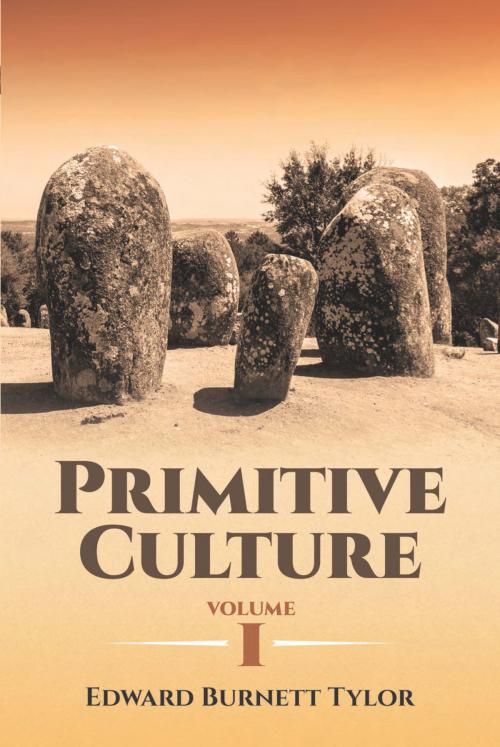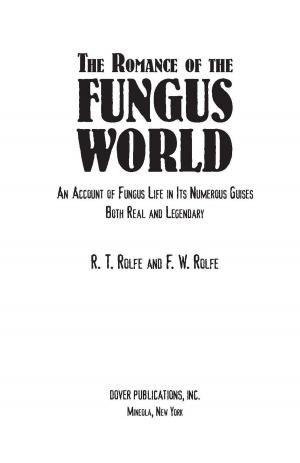Primitive Culture Volume I
Nonfiction, Science & Nature, Science, Other Sciences, Philosophy & Social Aspects, History, World History, Social & Cultural Studies, Social Science, Anthropology| Author: | Edward Burnett Tylor | ISBN: | 9780486813899 |
| Publisher: | Dover Publications | Publication: | June 22, 2016 |
| Imprint: | Dover Publications | Language: | English |
| Author: | Edward Burnett Tylor |
| ISBN: | 9780486813899 |
| Publisher: | Dover Publications |
| Publication: | June 22, 2016 |
| Imprint: | Dover Publications |
| Language: | English |
Use of the term "culture" as an expression of the full range of learned human behavior patterns began with this classic two-volume work, first published in 1871. Edward B. Tylor, the first Professor of Anthropology at the University of Oxford, declared that culture is "that complex whole which includes knowledge, belief, art, law, morals, custom, and any other capabilities and habits acquired by man as a member of society." Tylor is credited with the establishment of anthropology as a scientific discipline, and his groundbreaking work was highly influential in the development of cultural evolution as the foundation for anthropologic studies.
Tylor's unilinear model of development maintains that humans share a common history, evolving from a single primitive form. His studies of the languages, rituals, and beliefs of societies from around the world pioneered the use of statistical data and substantiated his view of a universal pattern of development in all cultures. Volume I of Primitive Culture focuses on social evolution, language, and myth. Volume II focuses on Tylor's interpretation of animism in society, offering details of the endlessly varied ideas and beliefs regarding the soul, spirits, and gods.
Use of the term "culture" as an expression of the full range of learned human behavior patterns began with this classic two-volume work, first published in 1871. Edward B. Tylor, the first Professor of Anthropology at the University of Oxford, declared that culture is "that complex whole which includes knowledge, belief, art, law, morals, custom, and any other capabilities and habits acquired by man as a member of society." Tylor is credited with the establishment of anthropology as a scientific discipline, and his groundbreaking work was highly influential in the development of cultural evolution as the foundation for anthropologic studies.
Tylor's unilinear model of development maintains that humans share a common history, evolving from a single primitive form. His studies of the languages, rituals, and beliefs of societies from around the world pioneered the use of statistical data and substantiated his view of a universal pattern of development in all cultures. Volume I of Primitive Culture focuses on social evolution, language, and myth. Volume II focuses on Tylor's interpretation of animism in society, offering details of the endlessly varied ideas and beliefs regarding the soul, spirits, and gods.















